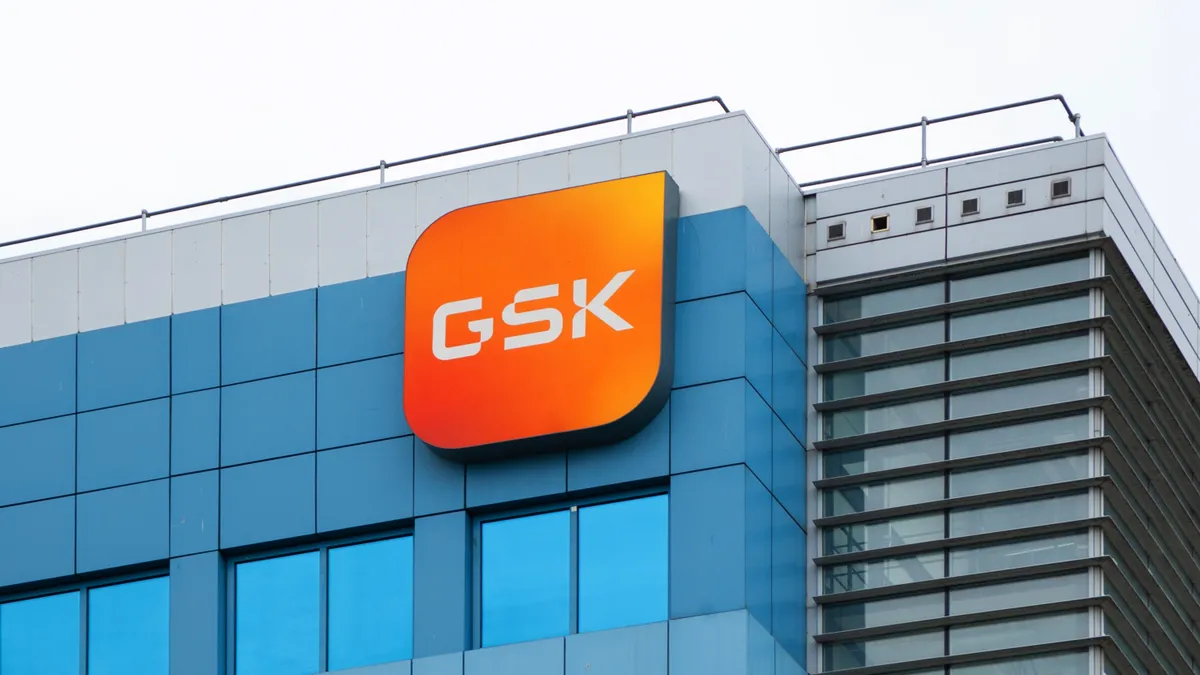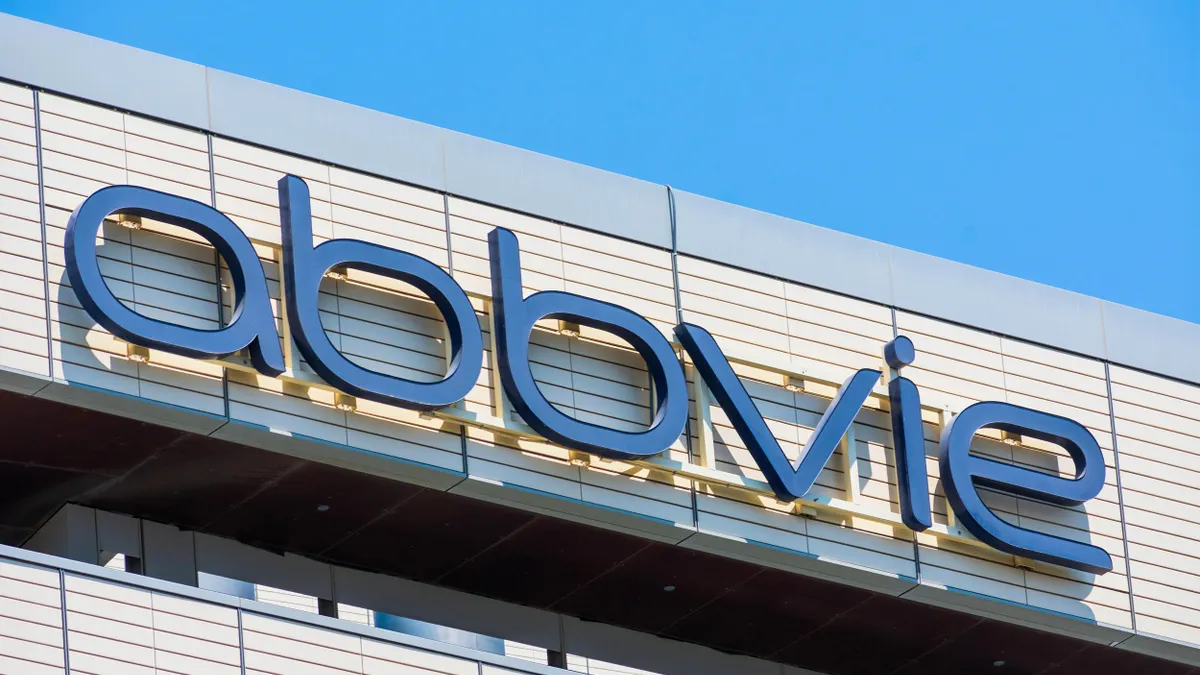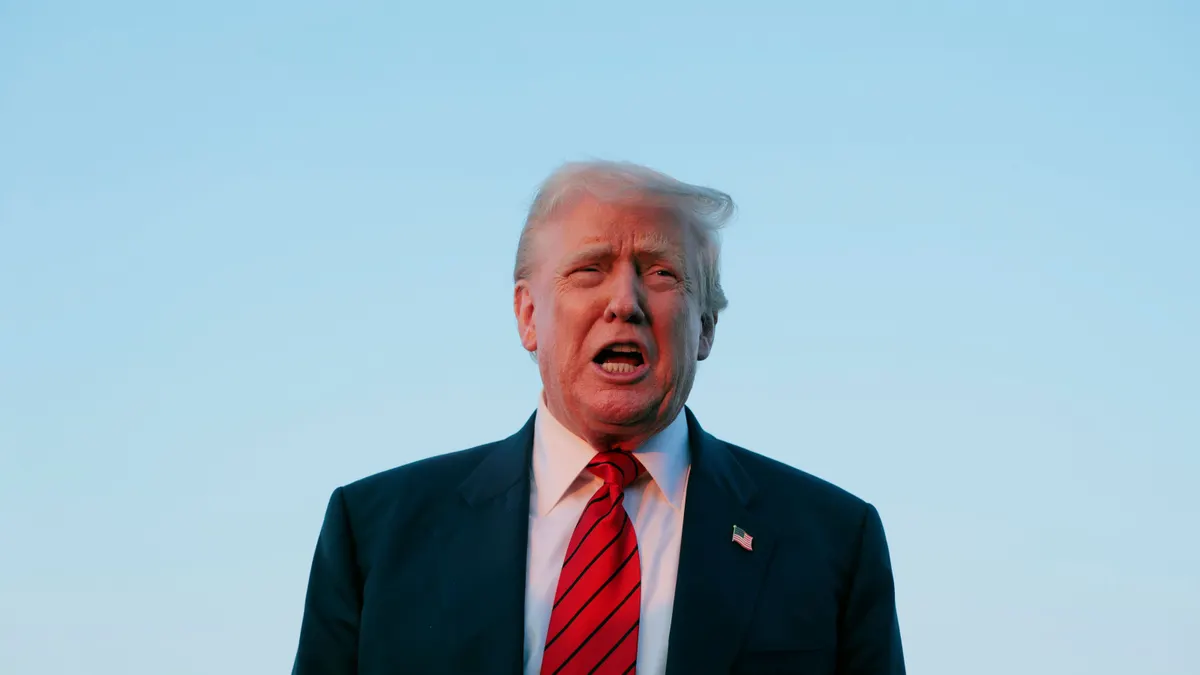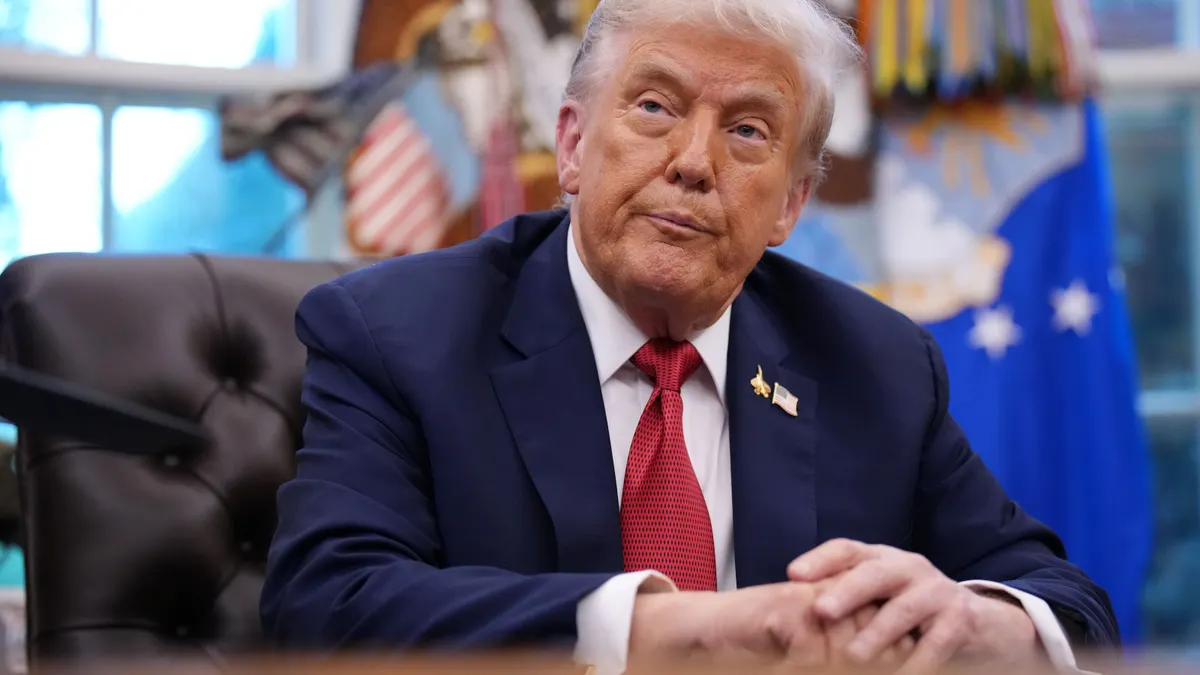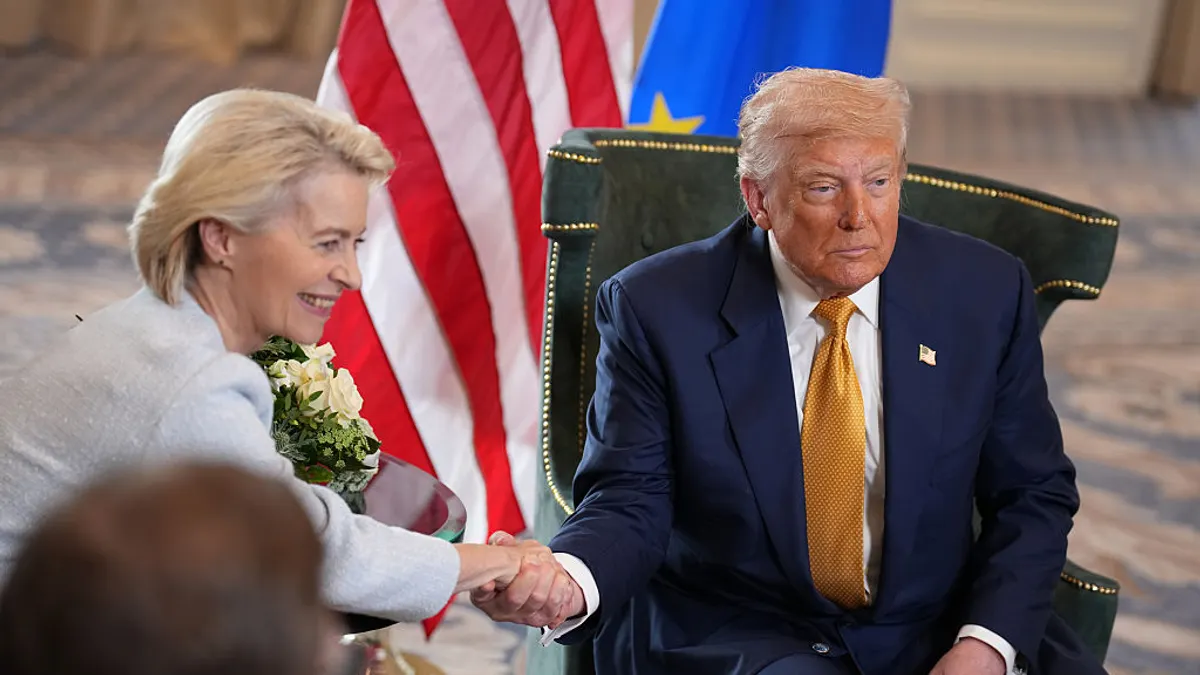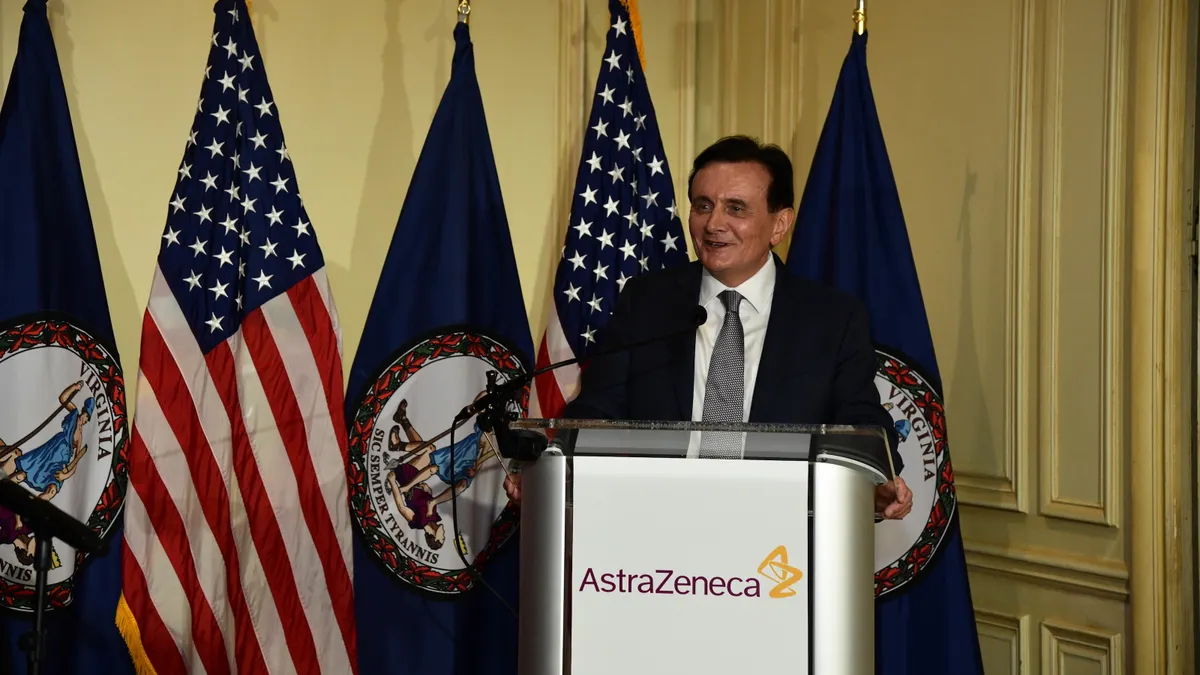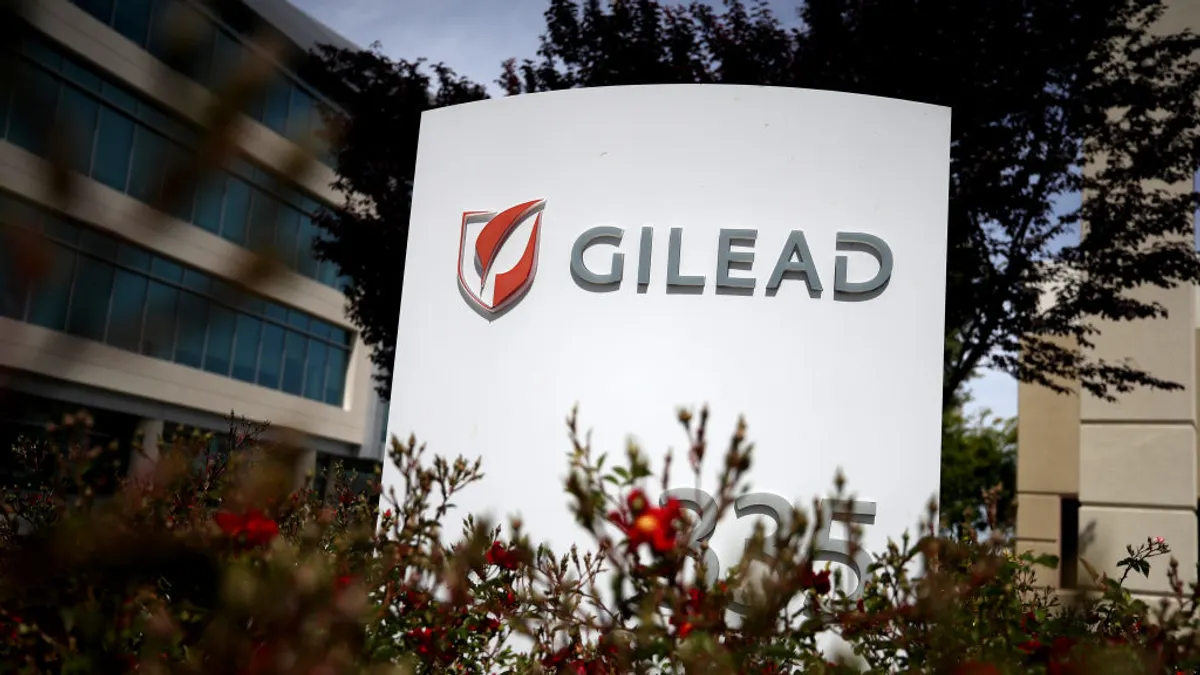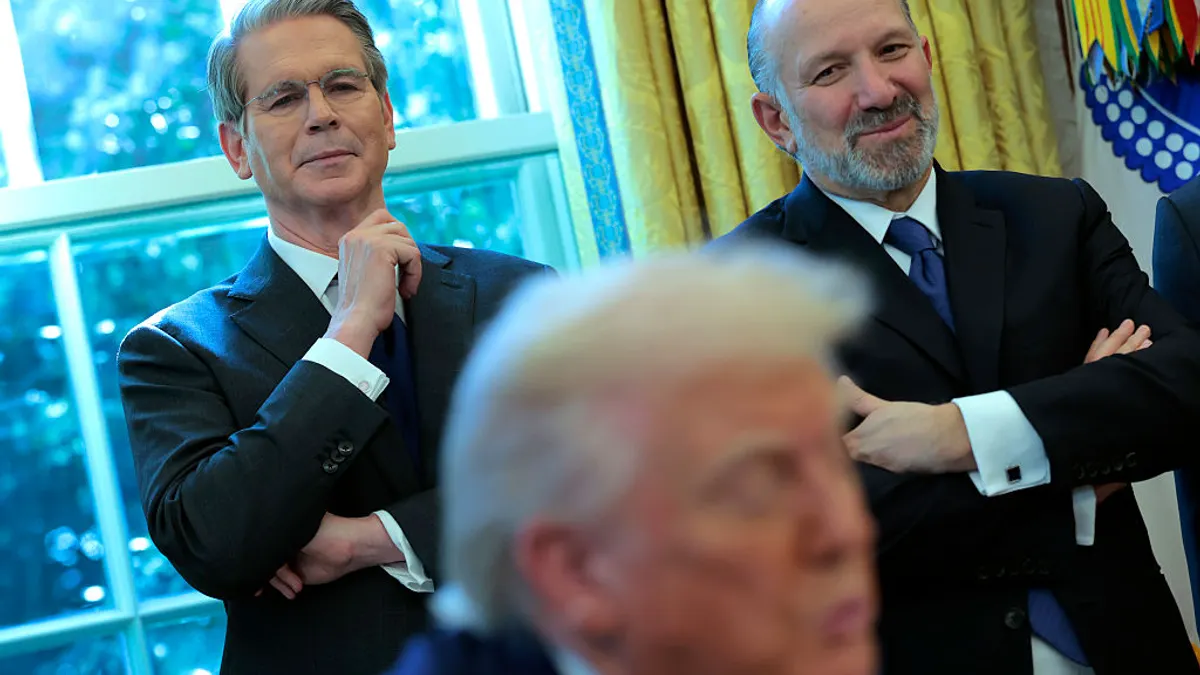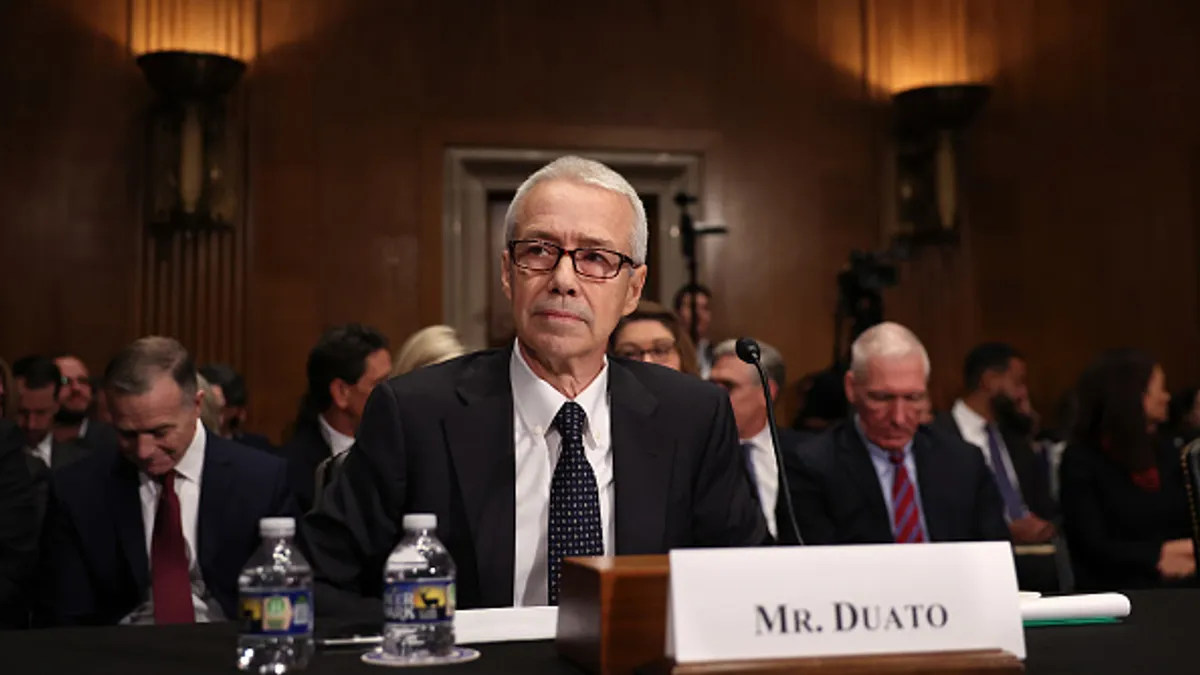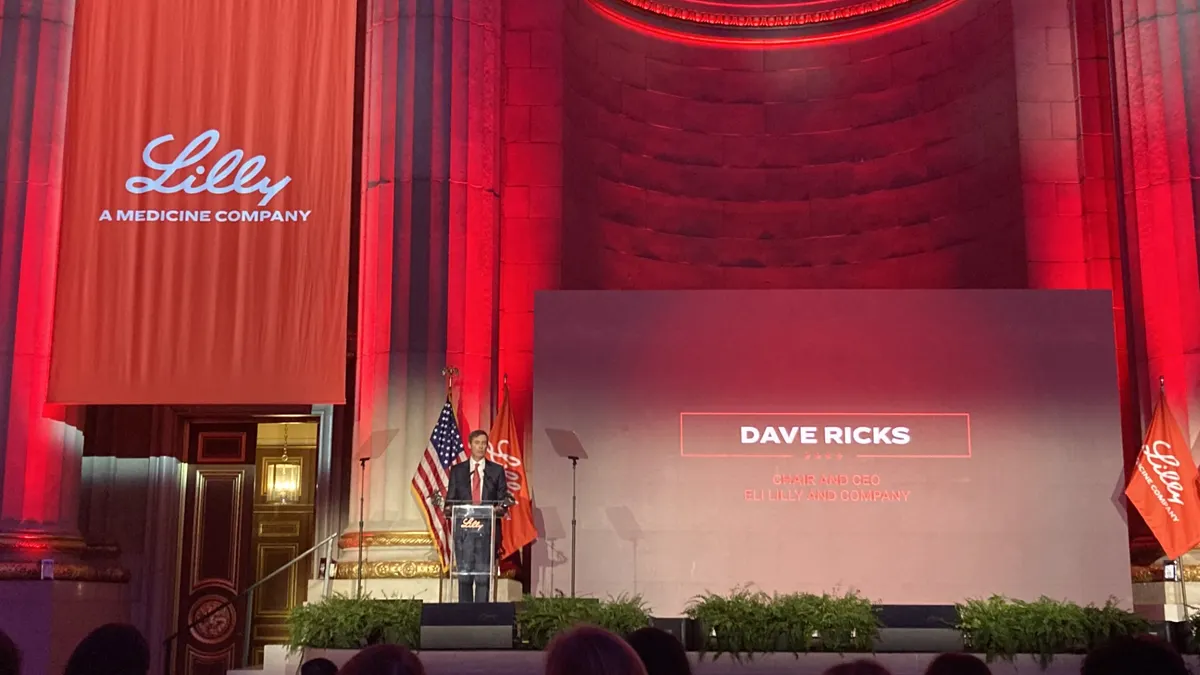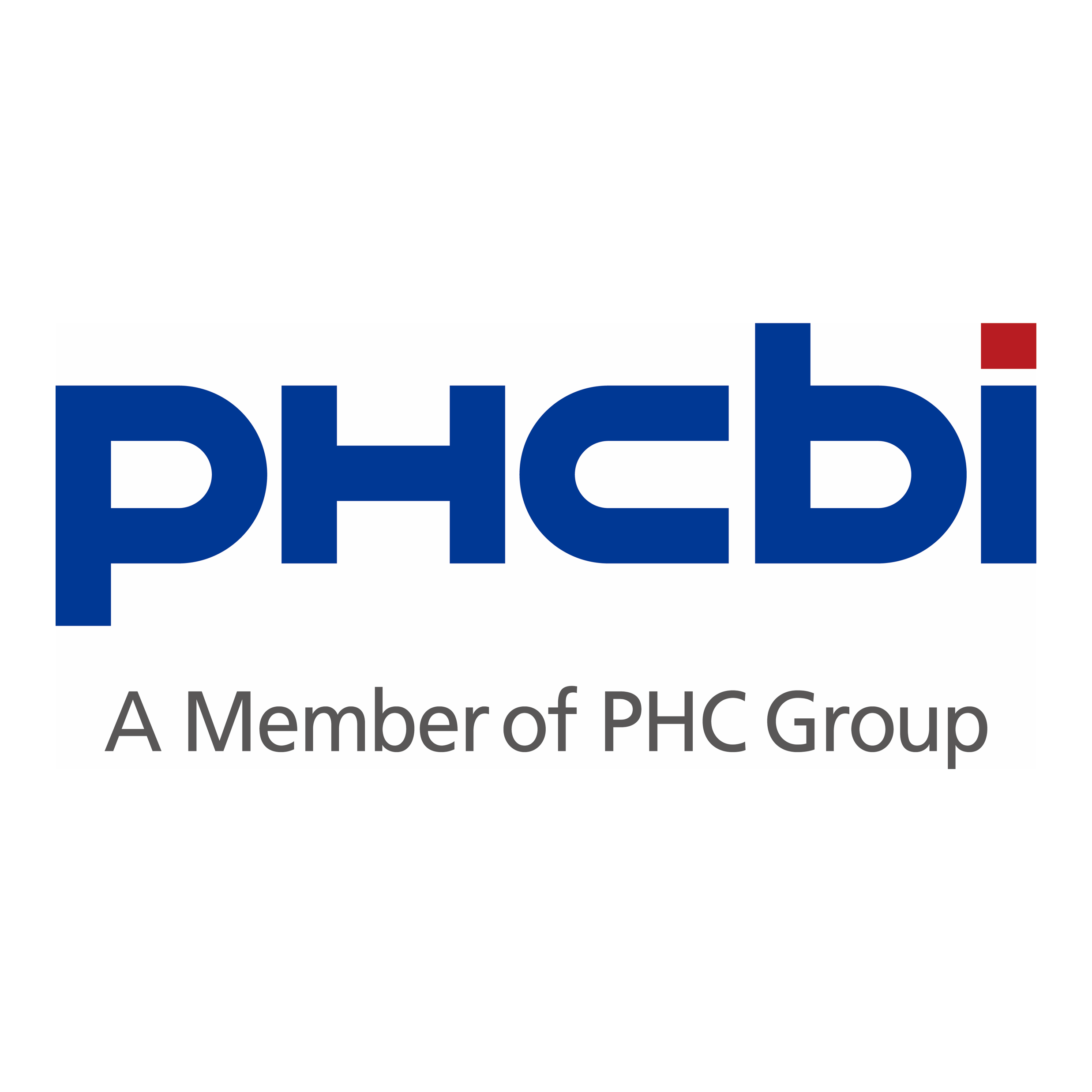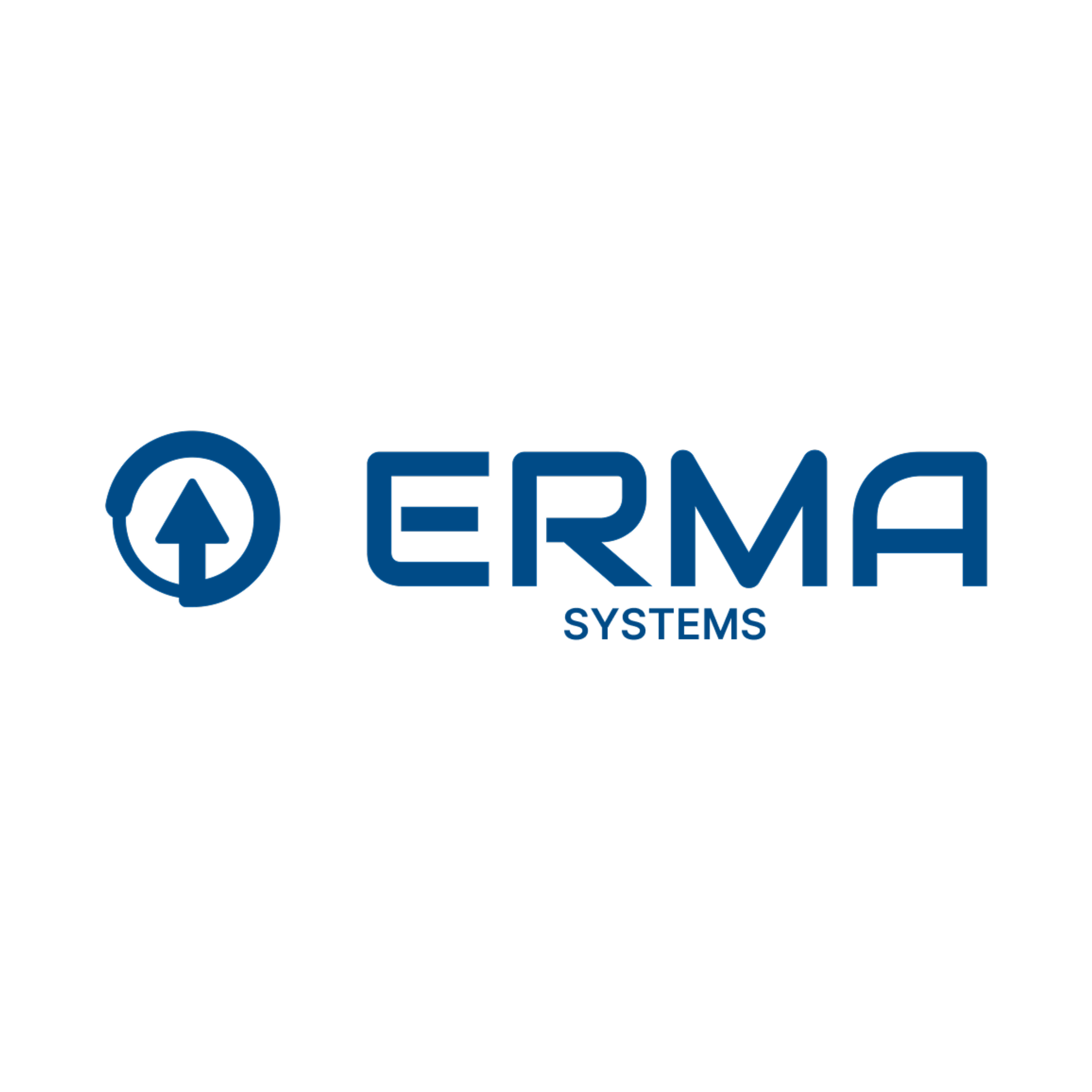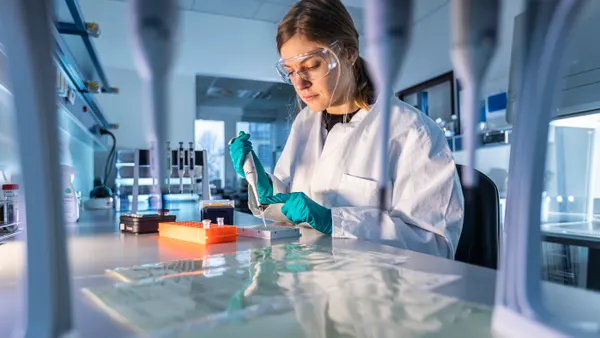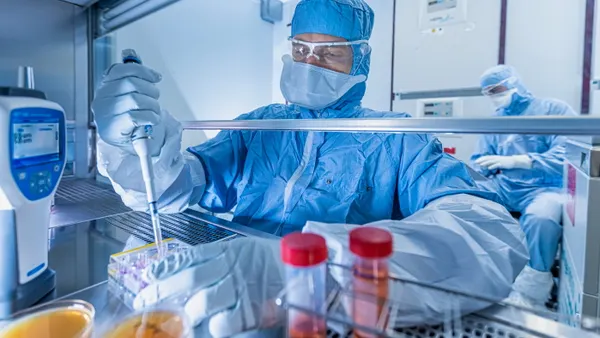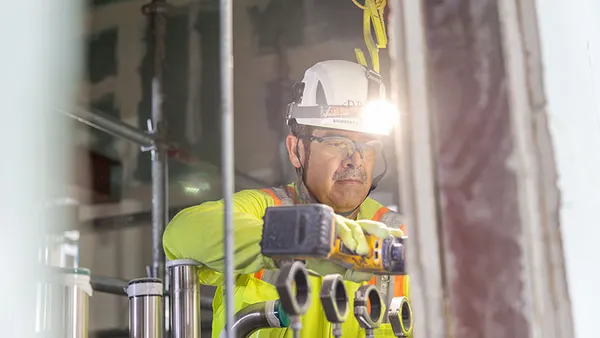Dive Brief:
- GSK plans to spend $30 billion over the next five years boosting drug production, expanding drug discovery research and running clinical trials in the U.S., the British pharmaceutical company said Wednesday.
- The commitment strengthens GSK’s ties to its largest market by sales at a moment when the broader drug industry rethinks investments in the U.K. due to disputes over reimbursement and government-imposed penalties.
- The announcement also coincides with President Donald Trump’s arrival in the U.K. for meetings with the British royal family and government ministers. “This week’s State Visit brings together two countries that have led the world in science and healthcare innovation,” GSK CEO Emma Walmsley said in the company’s statement on the new commitment. “We are proud to be part of both.”
Dive Insight:
Facing threats from Trump of both pharmaceutical tariffs and drug price curbs, large pharma companies have made showy announcements of their plans to spend tens of billions of dollars in the U.S. Some of that investment is aimed at reshoring manufacturing that they previously took overseas, a top demand of the current administration.
As with other companies’ plans, GSK’s commitment appears to include capital investments, like $1.2 billion on building a new biologic medicines factory in Pennsylvania and upgrading others, as well as regular-order-of-business spending on activities like drug research and clinical trials.
The new factory in Pennsylvania will support production of new medicines for respiratory disease and cancer, GSK said. Construction is expected to begin in 2026. The company began building an $800 million plant at another site in Pennsylvania last October.
GSK will also upgrade technology at five existing facilities in Pennsylvania, North Carolina, Maryland and Montana.
AstraZeneca, GSK’s closest peer in the U.K., also recently announced plans to increase its U.S. investment, including by building a new $4 billion facility in Virginia. Other drugmakers rolling out new capital spending in the U.S. this year include Eli Lilly, J&J, Roche, Bristol Myers Squibb, Novartis and Sanofi, among others.
For many, the U.S. market is the source of much of their revenue, a fact that Trump has seized on in demanding “most favored nation” prices for the drugs they sell in the U.S. While drugs often do have lower list prices in European countries than they do in the U.S, that’s in part because European healthcare systems can negotiate more forcefully than Medicare, which has historically been constrained in its ability to seek discounts.
Trump has sent letters to 17 pharma companies demanding they follow through on lowering prices, although it’s not yet clear exactly what steps the administration or industry might take.
His administration is also threatening to impose significant tariffs on pharmaceutical imports, which has spurred companies to bulk up their domestic inventories and plan for greater production in the U.S.
The industry’s renewed commitments to the U.S. contrasts with its approach in the U.K., which has long been a hub for pharmaceutical research. U.K. limits on drug reimbursement have irked drugmakers, as have policies to claw back revenue from companies if spending exceeds certain thresholds.
In recent weeks, Merck & Co. canceled a planned London expansion and AstraZeneca paused building a research facility. Lilly is reportedly reconsidering a biotech incubator in the U.K. as well



